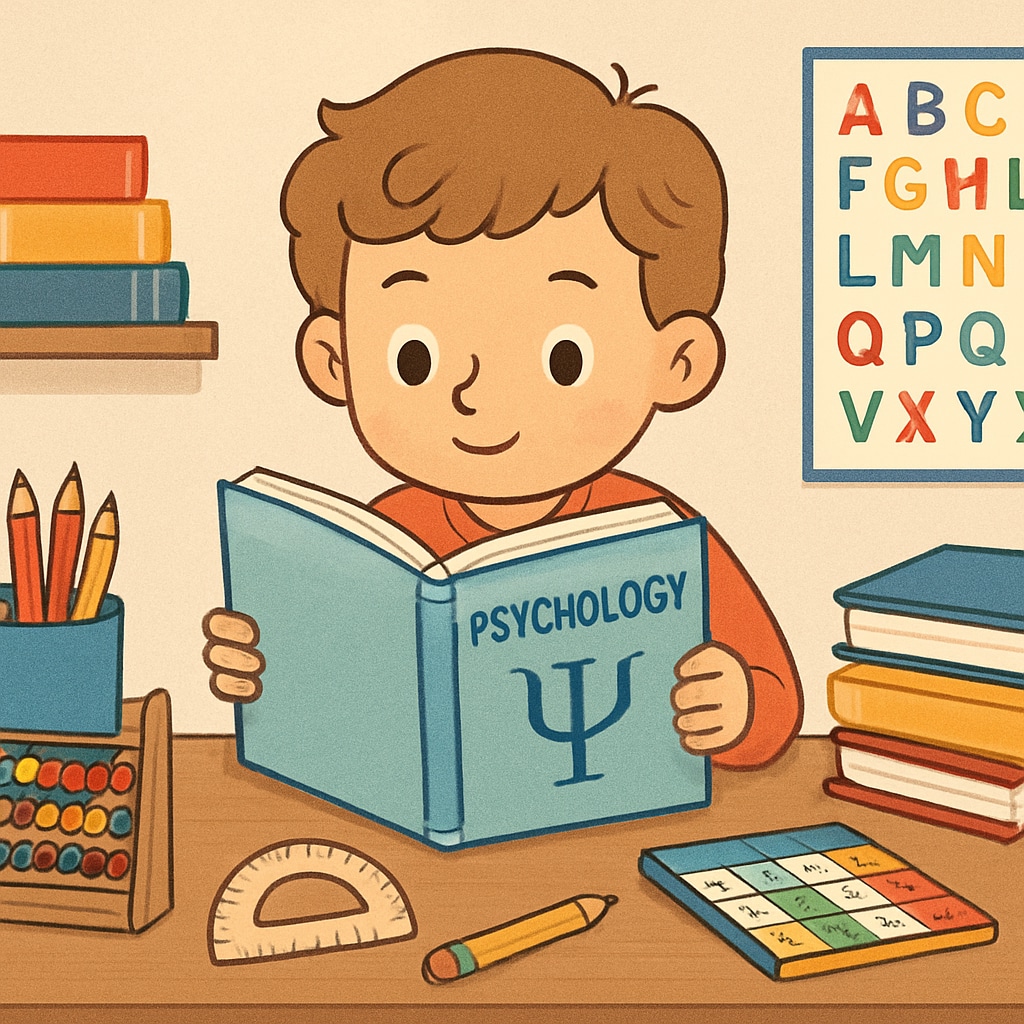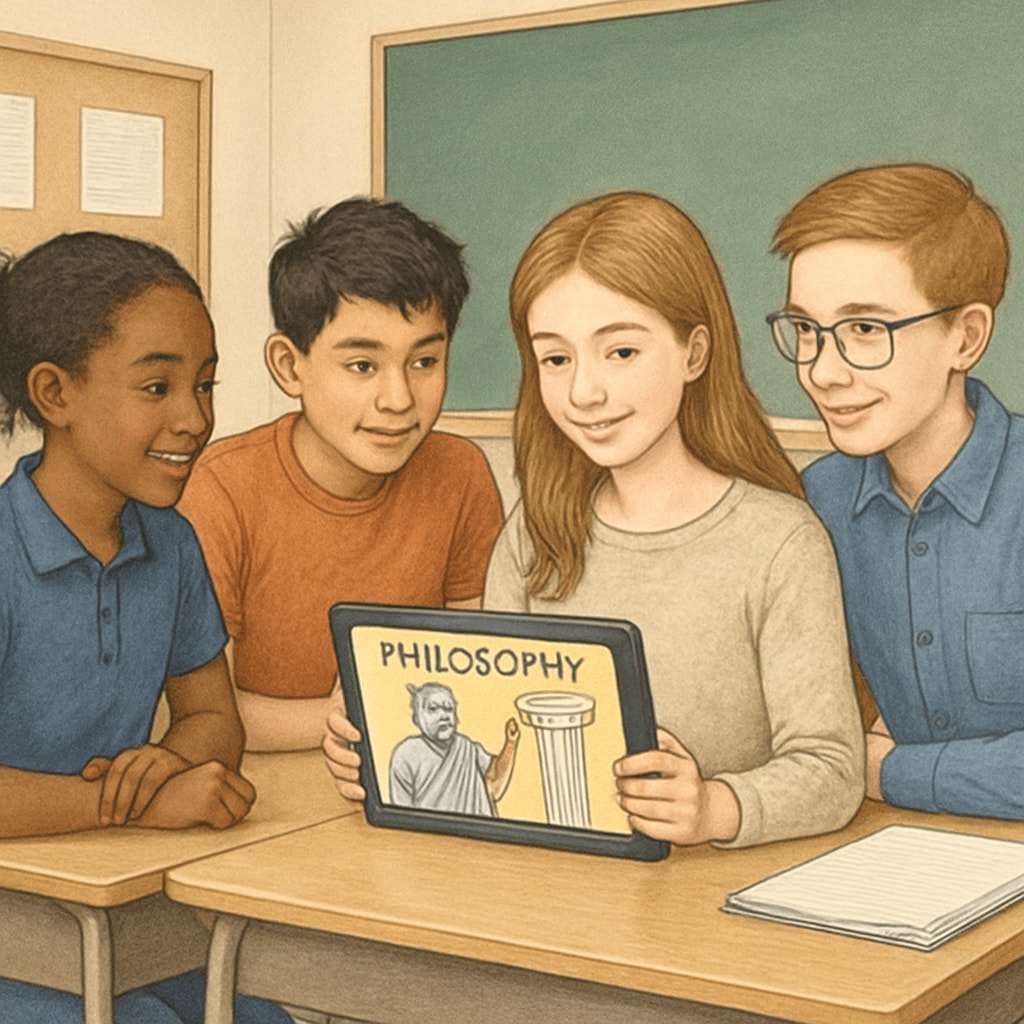Psychology and philosophy are powerful disciplines that can significantly shape young minds, fostering critical thinking and self-awareness. Introducing these subjects in the K12 educational stage can provide students with valuable tools for understanding themselves and the world around them. This article offers a comprehensive guide to self-learning resources and strategies tailored to various age groups, making psychology and philosophy accessible for early learners.
Why Introduce Psychology and Philosophy in K12 Education?
Incorporating psychology and philosophy into K12 education helps students develop skills essential for personal growth and academic success. Psychology teaches the science of human behavior and mental processes, while philosophy fosters inquiry into fundamental questions about life, existence, and morality. Both disciplines encourage critical thinking, empathy, and problem-solving abilities, which are indispensable for navigating modern challenges.
For example, psychological concepts like emotional intelligence (EQ) can help children manage their feelings effectively, while philosophical discussions can enhance their ability to reason and evaluate diverse perspectives. Starting early ensures these habits become ingrained as lifelong practices.

Top Psychology and Philosophy Self-learning Resources for K12 Students
Introducing students to psychology and philosophy doesn’t have to be overwhelming. Below are age-appropriate resources and tools designed to make these subjects engaging:
- Books for Beginners: Titles like “The Little Book of Psychology” by Emily Ralls and “What is Philosophy?” by Gilles Deleuze are excellent starting points for young readers.
- Interactive Apps: Applications such as “Mindful Powers” for psychology and “Socratic” for philosophy provide interactive and engaging learning experiences.
- Online Platforms: Websites like Britannica’s Psychology Section and Stanford Encyclopedia of Philosophy offer reliable academic resources tailored for students.
- Educational Videos: Platforms like YouTube and TED-Ed host videos that simplify complex psychological theories and philosophical ideas, making them digestible for younger audiences.
These resources are ideal for self-learning, allowing students to explore at their own pace while building curiosity and foundational knowledge.

Effective Teaching Strategies to Introduce Psychology and Philosophy
Educators and parents play a crucial role in making psychology and philosophy approachable for children. Here are some strategies to implement:
- Begin with Everyday Examples: Relate psychological concepts to daily life, such as explaining how memory works using scenarios like recalling birthdays.
- Simplify Philosophical Questions: Frame philosophical ideas as questions kids can relate to, such as “What makes a good friend?” or “Why do we need rules?”
- Encourage Group Discussions: Foster open dialogue where students share their thoughts and learn to appreciate diverse perspectives.
- Use Creative Projects: Encourage kids to create mind maps for psychological concepts or write short essays on philosophical questions that interest them.
These methods ensure learning is interactive, engaging, and tailored to young minds, making complex topics easier to grasp.
Long-term Benefits of Learning Psychology and Philosophy
Studying psychology and philosophy during the K12 stage offers enduring benefits. Students develop the ability to analyze their thoughts and emotions, leading to improved mental health and interpersonal relationships. Philosophical inquiry enhances logical reasoning, helping them tackle academic challenges more effectively.
As a result, these disciplines prepare students for various career paths, including education, counseling, law, or even entrepreneurship. More importantly, they foster a mindset of lifelong learning and curiosity about the world.
Encouraging young learners to explore psychology and philosophy is an investment in their intellectual and emotional growth. By providing the right resources and guidance, educators and parents can inspire a generation of critical thinkers and empathetic leaders.


